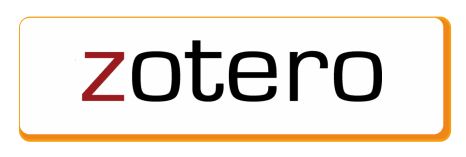PERSEPSI MAHASISWA BIMBINGAN DAN KONSELING TERHADAP PENTINGNYA PROFESIONALISME GURU BIMBINGAN DAN KONSELING DI SEKOLAH
 Abstract views: 364
,
Abstract views: 364
,
 PDF downloads: 398
PDF downloads: 398
Abstract
Downloads
References
Amin. Bimbingan dan Konseling Islam. Jakarta: Amzah, 2010.
Egbo. "Guidance And Counselling: A Creativity For Promoting Sustainable Well Being And Adjustment Of Secondary School Students In Nigeria." British Journal of Education Vol.3, No.10, 2015: 49-57.
Kasiram. Metodologi Penelitian. Malang: UIN-Malang Press, 2008.
Kusmawati, Dewa Ketut Sukardi dan Nila. Proses Bimbingan dan Konseling di Sekolah. Jakarta: PT. Rineka Cipta, 2008.
Mappiare, Andi, AT. Pengantar Konseling dan Psikoterapi. Jakarta: PT Raja Grasindo Persada, 2002.
Sugiyono. Metode Penelitian Kuantitatif Kualitatif R& B. Bandung: Aflabeta, 2015.
Susilo Rahardjo, Agung Slamet Kusmanto. "Pelaksanaan Kode Etik Profesi Guru Bimbingan Dan Konseling SMP/MTS Kabupaten Kudus." Jurnal Konseling GUSJIGANG Vol. 3 No. 2, 2017: 185-196.
Prof. Syamsu Yusuf Dan Tim. Kode Etik Profesi Konselor Indonesia. Asosiasi Bimbingan Dan Konseling Indonesia, 2009.
Tohirin. Bimbingan dan Konseling di Sekolah dan Madrasah (Berbasis Integrasi). Jakarta: PT. Raja Grafindo Persada, 2008.
Walgito, Bimo. Bimbingan dan Konseling Studi Karier. Yogyakarta: Andi Offset, 2004.
The journal operates an Open Access policy under a Creative Commons Non-Commercial 4.0 International license. Authors who publish with this journal agree to the following terms:
- Authors retain copyright and grant the journal right of first publication with the work simultaneously licensed under a
 Commons Attribution-NonCommercial 4.0 International License
Commons Attribution-NonCommercial 4.0 International Licensethat allows others to share — copy and redistribute the material in any medium or format, and adapt — remix, transform, and build upon the material.
- Authors are able to enter into separate, additional contractual arrangements for the non-exclusive distribution of the journal's published version of the work (e.g., post it to an institutional repository or publish it in a book), with an acknowledgement of its initial publication in this journal.
- Authors are permitted and encouraged to post their work online (e.g., in institutional repositories or on their website) prior to and during the submission process, as it can lead to productive exchanges, as well as earlier and greater citation of published work (see The Effect of Open Access).




















